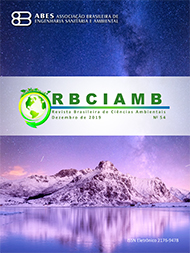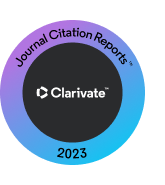ANALYSIS OF REDD+ INITIATIVES IN THE PERSPECTIVE OF ACCOUNTABILITY AND PERMANENCE OF FOREST RESOURCES
DOI:
https://doi.org/10.5327/Z2176-947820190513Keywords:
forests; land tenure; climate change.Abstract
REDD+ has been addressed under the United Nations Framework Convention
on Climate Change as a central instrument to mitigate climate change. Brazil is
a key country in this issue, as it has international commitments to reduce
deforestation, REDD+ initiatives underway and land issues as a critical factor of
deforestation. This research aimed to analyze REDD+ initiatives, according to
the land regime, with emphasis on factors of accountability (right holder) and
permanence of forest resources. Fifty‑six REDD+ initiatives were considered
and analyzed through 17 variables. For the first factor, initiatives were
mapped on private, public and mixed properties that presented differences
between project proponent, but with similar geographical characteristics.
Regarding the permanence, the initiatives, regardless of the type of property,
are in areas of land conflicts and addressed actions for forest monitoring.
However, variations between deforestation agents and the presence of
residents who do not own the property were identified. These results point
to different gaps in land issues, which demand a differentiated approach,
according to the type of property, in order to guarantee REDD+ results.
Downloads
Downloads
Published
How to Cite
Issue
Section
License
Copyright (c) 2019 Revista Brasileira de Ciências Ambientais

This work is licensed under a Creative Commons Attribution 4.0 International License.


























